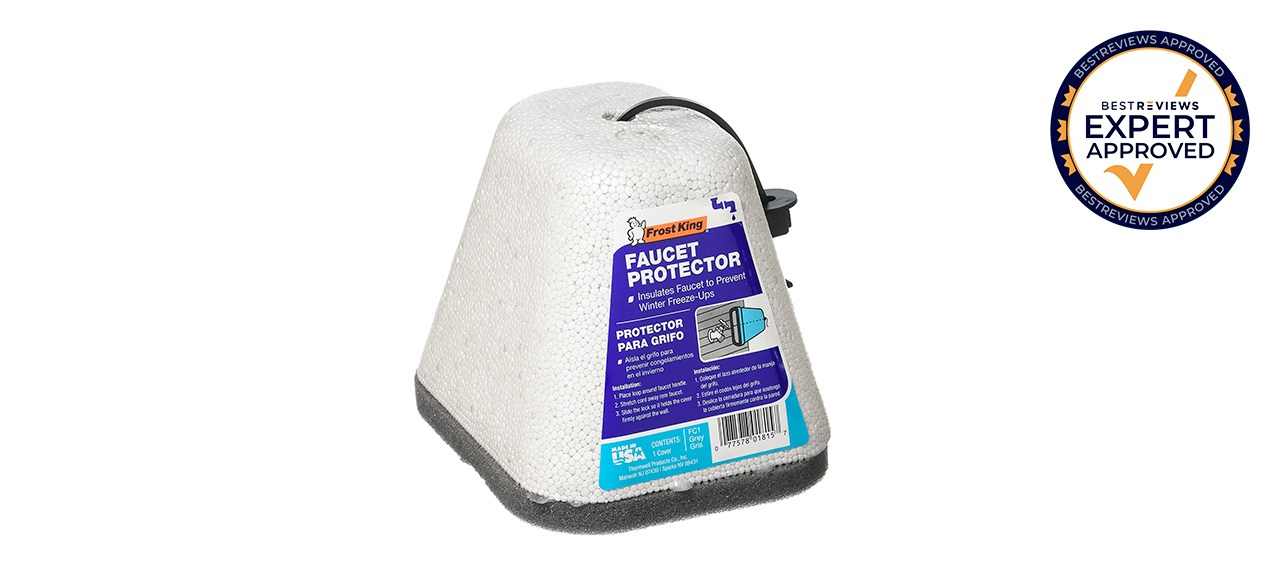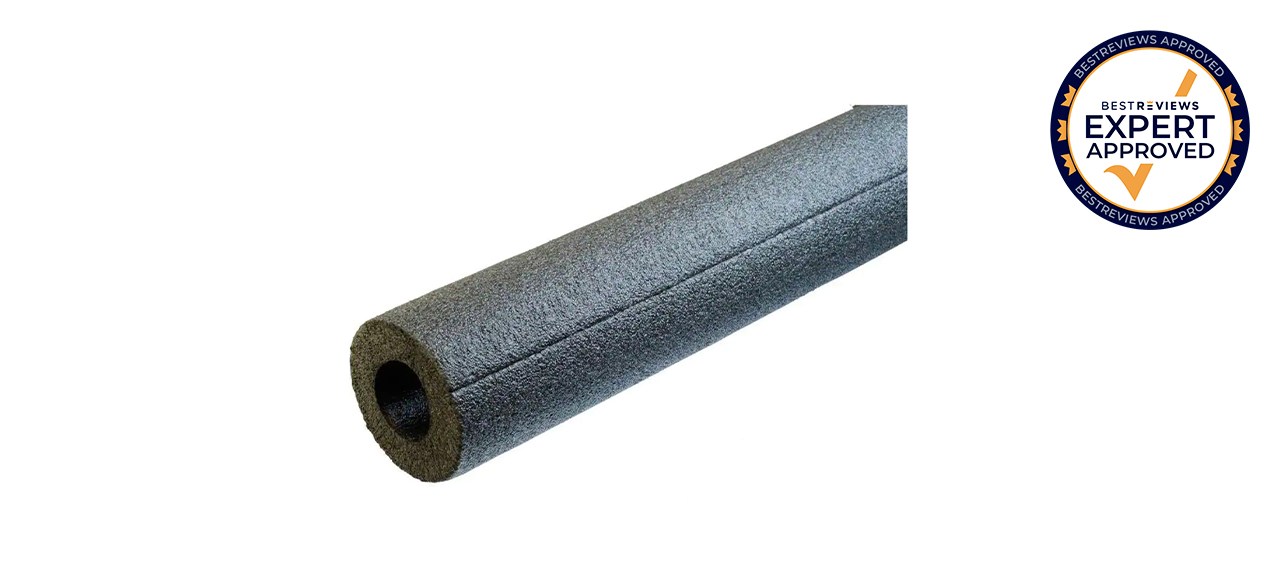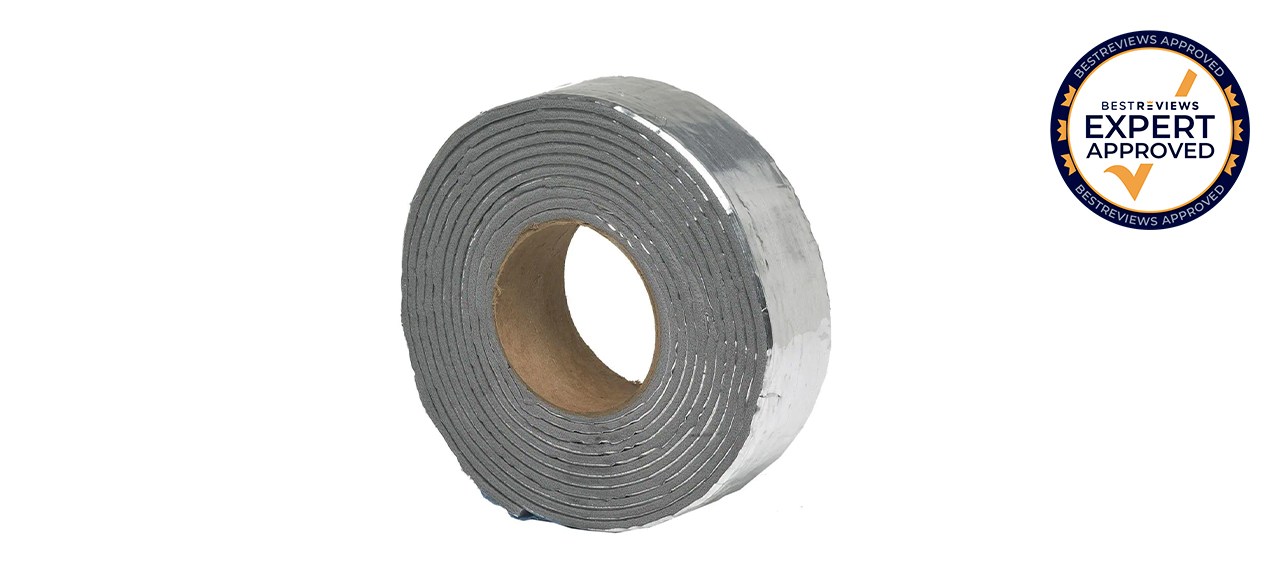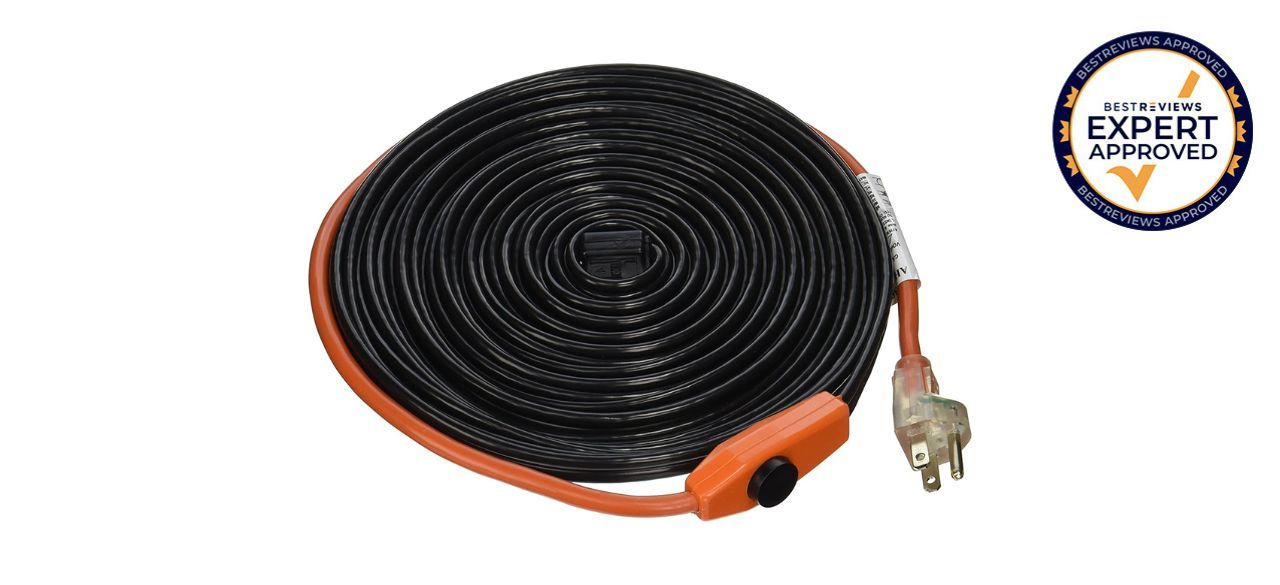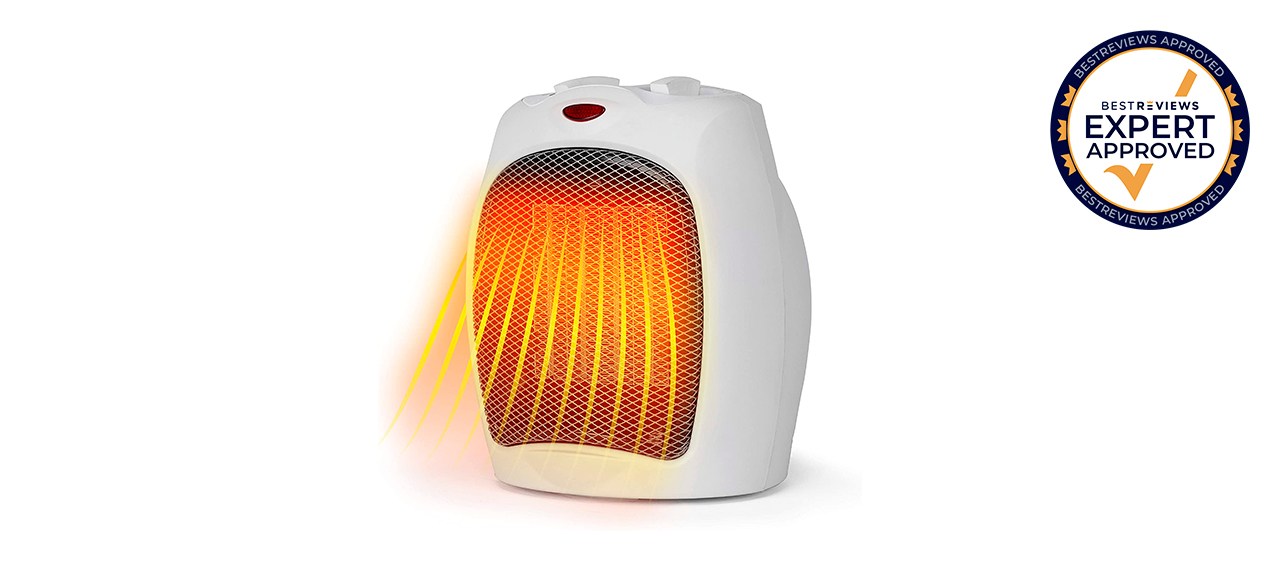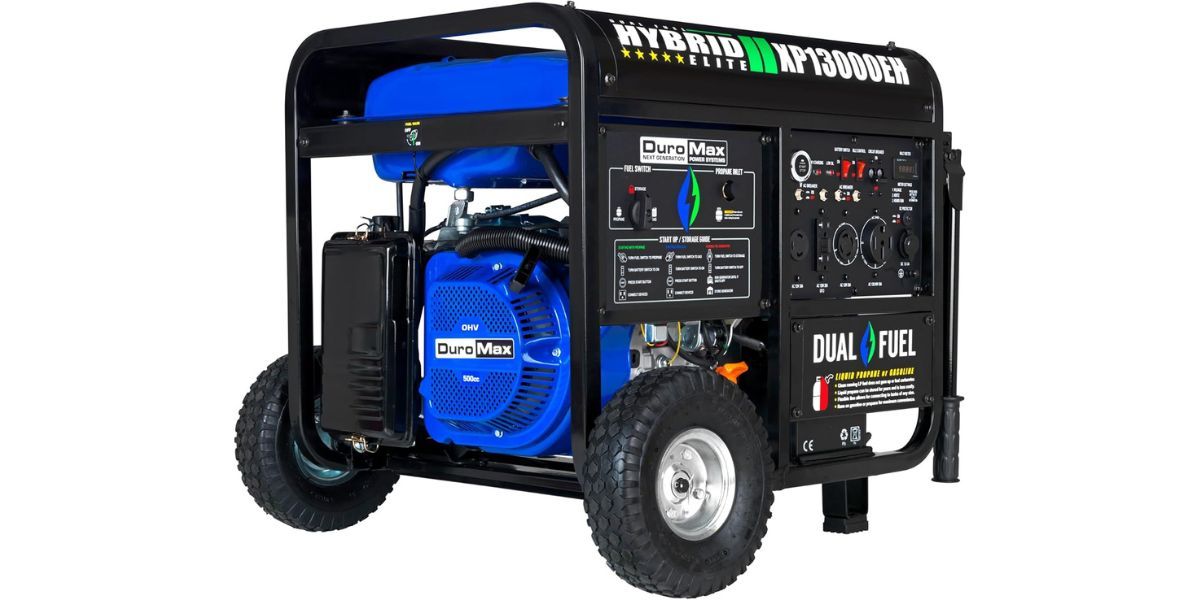How to deal with frozen pipes like a pro
One of the biggest issues with cold weather is it can freeze things, like the water in your pipes. When this happens, it can create a domino effect of cascading troubles, with each being more costly than the last.
Fortunately, our DIY expert, Beth Allen, founder of HIP Chicks (Home Improvement Project Chicks), can help you out if your pipes freeze this winter. Even better, she has tips to keep your pipes from icing up at all.
In this article: Frost King FC1 Outdoor Foam Faucet Cover, Frost King Pipe-Heating Cable and DuroMax XP13000EH Dual Fuel Portable Generator
Which pipes are most vulnerable to freezing?
As soon as the air temperature drops to 32 degrees (or lower), water will freeze. Allen said that while the inside of your home should never drop below 32 degrees, unless you lose power or fuel, that does not mean your pipes are protected. Pipes in the crawl space are at risk of freezing, as are the pipes in the basement of an old or uninsulated home. Also, some pipes, such as the kitchen pipes, may run up an exterior wall, which makes them vulnerable to freezing as well. Additionally, any plumbing that runs through the attic or a garage is at greater risk of freezing. Lastly, Allen warned not to forget about outdoor hoses, swimming pool supply lines, and water sprinkler lines.
What problems do frozen pipes cause?
The most obvious problem with frozen pipes is they burst and create a leak. If this happens where the pipes are visible, at least you can see there is a leak, know precisely where it is and have access to fix it. A bigger problem is a pipe bursting inside of a wall. The leak may go undetected until you have major damage. This can include rotted wood, ruined walls and even a cracked foundation. It will also be hard to pinpoint and access a leak you cannot see.
The best defense against frozen pipes
Because frozen pipes can potentially cause so much costly damage, Allen said the best defense is to prevent them from freezing in the first place. Here are some ways you can do that:
- Shut off and drain outside lines: Because it is at high risk of freezing, you do not want water to be running through or sitting in outdoor lines during the winter.
- Install outdoor faucet covers: To help protect outdoor bibs, install faucet covers.
- Insulate at-risk pipes: Use foam insulation, heat tape or a pipe-heating cable to help keep at-risk pipes from being vulnerable to freezing temperatures.
- Open cabinet doors: Plumbing in some rooms, such as the kitchen, may run up an outdoor wall. To help keep those pipes warm, open the cabinet doors to allow heat inside. You can place a space heater in the room for additional heat, but never place the space heater inside the cabinet. It should just be used to raise the temperature of the room.
- Let your faucets drip: Allen and the American Red Cross say that letting the cold water drip can help prevent pipes from freezing.
- Consider a backup generator: If you lose power, then every pipe is at risk of freezing. Consider purchasing a backup generator to help guard against this.
- Know where the main water shut-off is: If a pipe bursts, the situation will keep getting worse until you shut off the water. It is important to know where your main water shut-off is and test it once each year to make sure it still works as expected.
What should you do if your pipes freeze?
If your pipes freeze, you have to learn how to safely thaw them because heating your pipes up too much can do more harm than good. And it can be dangerous. Allen said the best way to thaw frozen pipes is with a hair dryer. She added that it also helps to keep the faucets open so the water can begin moving again as it thaws, which will help melt more ice.
Allen cautioned you should never use an open flame, such as a blowtorch, or intense direct heat to thaw a frozen pipe. If you change the frozen water inside the pipe to steam, you might have an even bigger problem on your hands.
In a final word of advice, Allen said, “If there was any damage done to the pipe, you will find that out as soon as it is thawed because that’s when it will spring a leak. This is why it is important to know where your main water shut-off is and be certain that it works.”
What you need to help protect and thaw your pipes
Google Nest Learning Thermostat 4th Gen
The Google Nest Learning Thermostat gives you complete control of the temperature of your home, no matter where you are. It also monitors your HVAC system and can send alerts when there are potential problems.
Frost King FC1 Outdoor Foam Faucet Cover
This faucet cover comes fully assembled, so you can slip it on and start protecting your outdoor bib. With care, you can use it year after year.
The easiest way to insulate a straight pipe is to slip this pre-slit foam cover on. This is a pack of four that are 3 feet long and fit half-inch copper pipes.
Frost King Foam and Foil Pipe Wrap Insulation Tape
This foam and foil wrap is handy when you have turns in your pipes. It takes a little longer to put on, but it’s much more versatile.
For extra protection, consider this heated cable. It has a built-in thermostat and will gently warm your pipes to keep them from freezing at temperatures down to minus 40 degrees.
Black + Decker Portable Space Heater
Black + Decker’s lightweight portable heater has a fan, so it can direct warmth where you need it to go. The overheat and auto tip-over shut-off provide peace of mind.
DuroMax XP13000EH Dual Fuel Portable Generator
This generator is what you need to protect your home from power loss. It can deliver 13,000 watts of electricity to keep essential appliances running in emergencies.
Not only is this affordable hair dryer suitable for thawing frozen pipes, but it also excels at styling. The ergonomic design and rocker switch makes it easy to use.
Prices listed reflect time and date of publication and are subject to change.
Check out our Daily Deals for the best products at the best prices and sign up here to receive the BestReviews weekly newsletter full of shopping inspo and sales.
Copyright 2024 BestReviews, a Nexstar company. All rights reserved.



